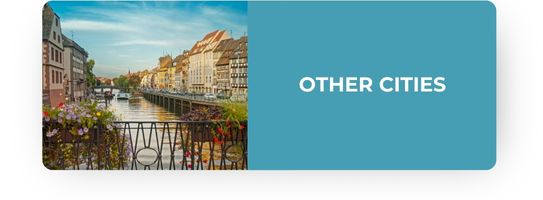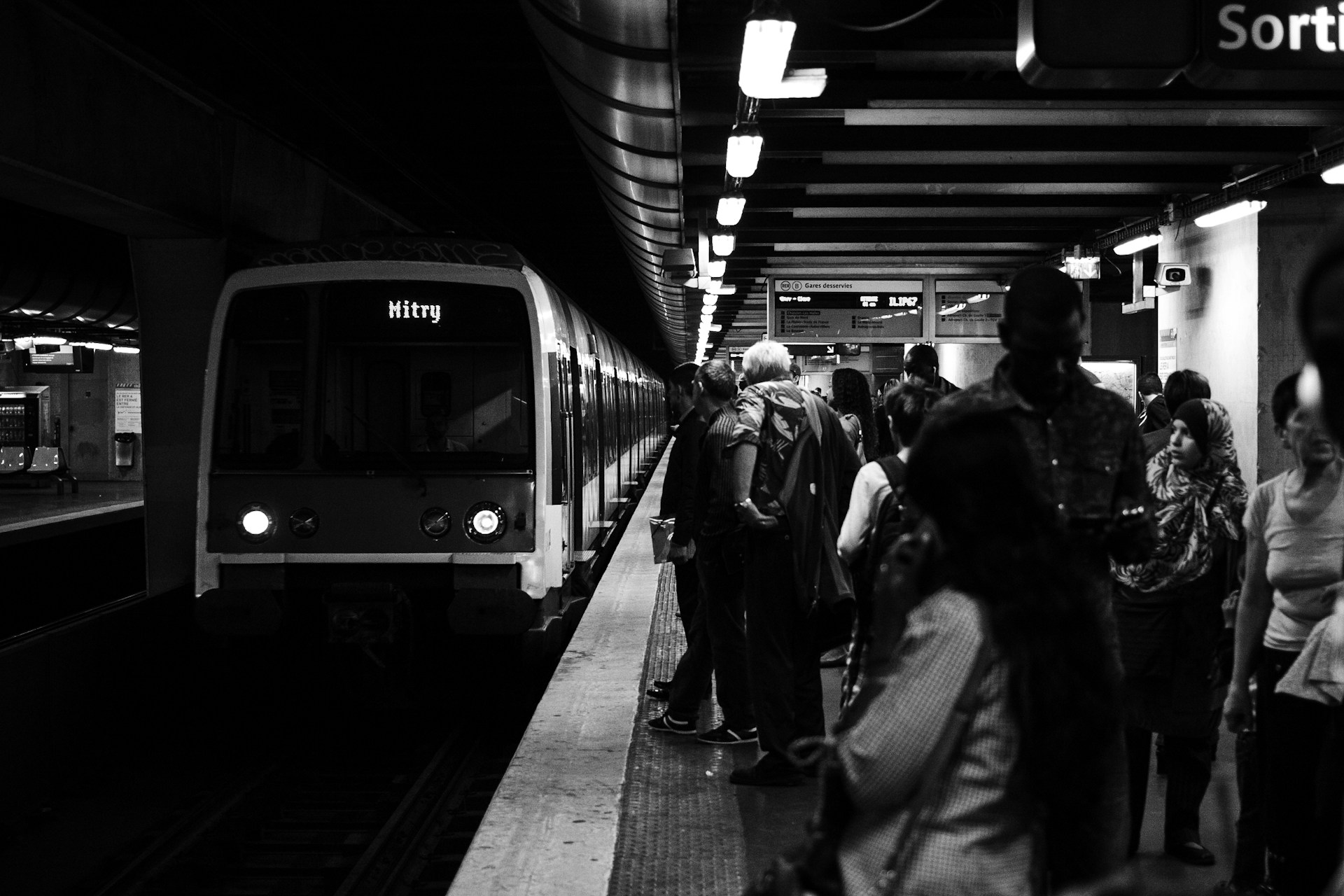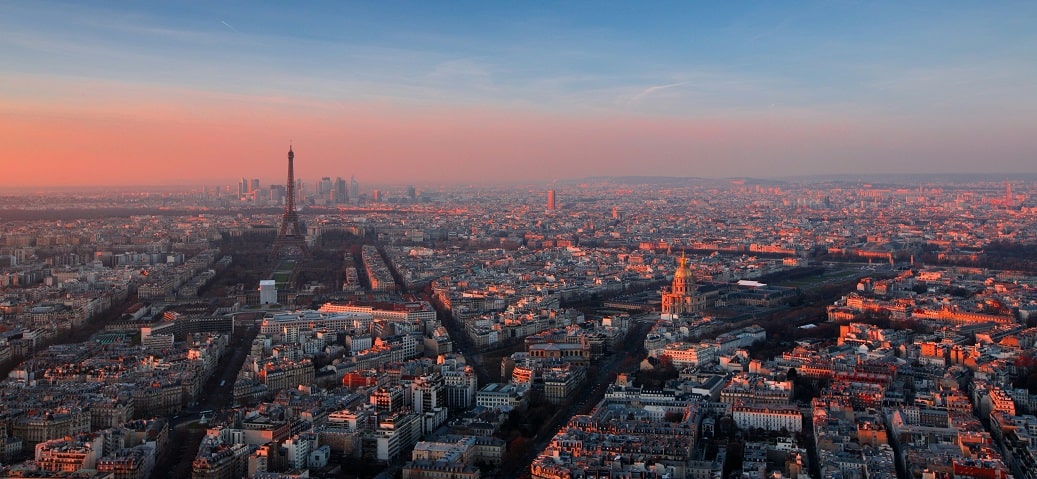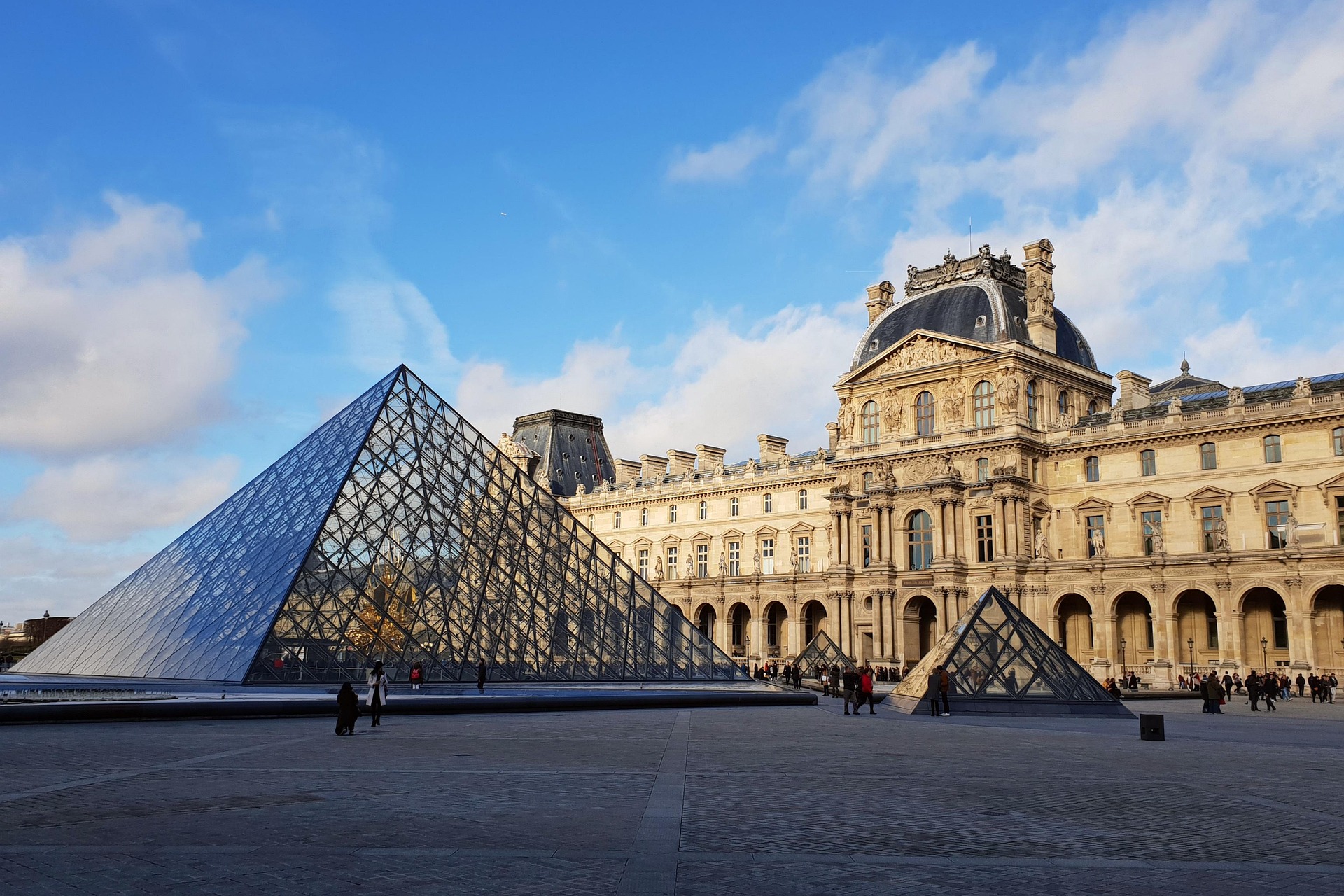A survival guide for staying in Paris as a foreigner

Maybe you’ve just moved to Paris or are about to become an expat, but here is the thing: there are many tips and hacks that the locals know and you don’t! Now, this is the moment when you start thinking “if only someone could give me some tips and tricks to fully enjoy my Parisian experience…”. It turns out that Lodgis can read minds (it’s not true, we aren’t magicians, don’t push it). Anyway, we’ve put together a survival guide that you will find very useful when you arrive. The ultimate survival guide for foreigners in Paris is right here!
Means of transportation
Paris is a city to explore walking, yet if you are going far or that you’re in a hurry, you should bear in mind that a Navigo Pass can be very useful since it provides you with unlimited trips on every form of public transport (metro, bus, RER, transiliens). For further information on public transport in Paris, we created a little list just for you:
– Different packages: It’s a good idea to calculate the the most practical and cheapest package for you. There are many different packages and tarifs in Paris. If you’re a student, the yearly Navigo Pass is only €341.90 or €803 if you’re not a student.
– You can also switch between different tickets and packages: it is sometimes cheaper to buy 10 tickets for €14.50 or a “Paris-visit” ticket. If you plan on going to a remote location for a day, you can take the “origine-destination” ticket.
– Public transports is free for children under 4 years old. It’s also free during some public holidays and some anti-pollution days (check it on the ratp’s website).
– If you don’t want to be squished up against the metro windows, try to avoid rush hour from 7.45am to 9am and from 5pm to 6.15pm at the beginning and end of the working day in Paris. However, if you have to use public transport during these times, why not try the transiliens which are more spacious?
– Metro hours: in general, the first metro arrives at 5.30am and the last one around 12.30am during the week. But on Fridays and Saturday nights, the metro will run until 1.40am.
Don’t hesitate to read our post about public transport at night in Paris.
Emergency services and hospitals
Yes, we’re taking this survival guide literally. You can never be too careful!
– To call the SAMU (emergency medical service), dial 15
– To call “police secours”, dial 17
– To call the firemen, dial 18
– For deaf and hard-of-hearing, send a fax or a text at 114
– Paris also has bilingual hospitals such as the American Hospital located at 63 boulevard Victor Hugo 92200 Neuilly-sur-Seine!
Shopping and restaurants
In Paris there are plenty of good deals and tips to save money. Here are some facts that will allow you to enjoy restaurants and fresh products without breaking the bank.
– You probably already know that «rent prices aren’t the same in every arrondissements». Well it’s the same for shopping. Try comparing the prices of groceries where you live with another arrondissement in Paris area and you’ll certainly be surprised.
– For restaurants, if you’d like an authentic Parisian experience, get away from the tourist traps and Michelin-starred restaurants. Parisians, contrary to conventional wisdom, enjoy simple things, which is why you will find some of the best and most welcoming restaurants in areas most popular with the locals.
-In the United States and other Anglo-Saxon countries, tips are pretty much a requirement, but this isn’t the case in France (even if it’s always appreciated). Take a look at your check to see if it says “prix service compris”. This means that your tip is already included in your payment.
– There are plenty of “happy hours” in Paris! So, if you’d like to enjoy yourself with your friends, check it out!
Enjoying Paris
We can’t finish this guide without the best part: exploring Paris. Your trips around Paris can completely change, depending on how you plan them, since this is a city you’ll never stop rediscovering. That’s what makes it so magical.
– Paris can be discovered on many different levels: On a boat (Seine, canal Saint-Martin) or walking along the docks, underground, on its rooftops, in its hidden places, day and night, under the sun and the rain.
– You can visit most museums and monuments for free if you’re under 26 years old, from the EU or if you go visit them on the first Sunday of the month, during the special nighttime opening or if you visit the permanent exhibition throughout the year!
– There are various Tourist Passes to allow you to discover Paris in many different ways.
– If you’re hot and near a park, you should know that there are water fountains that are free to you. If you are close to a fast-food restaurant, you could ask them for a glass of water for free.















